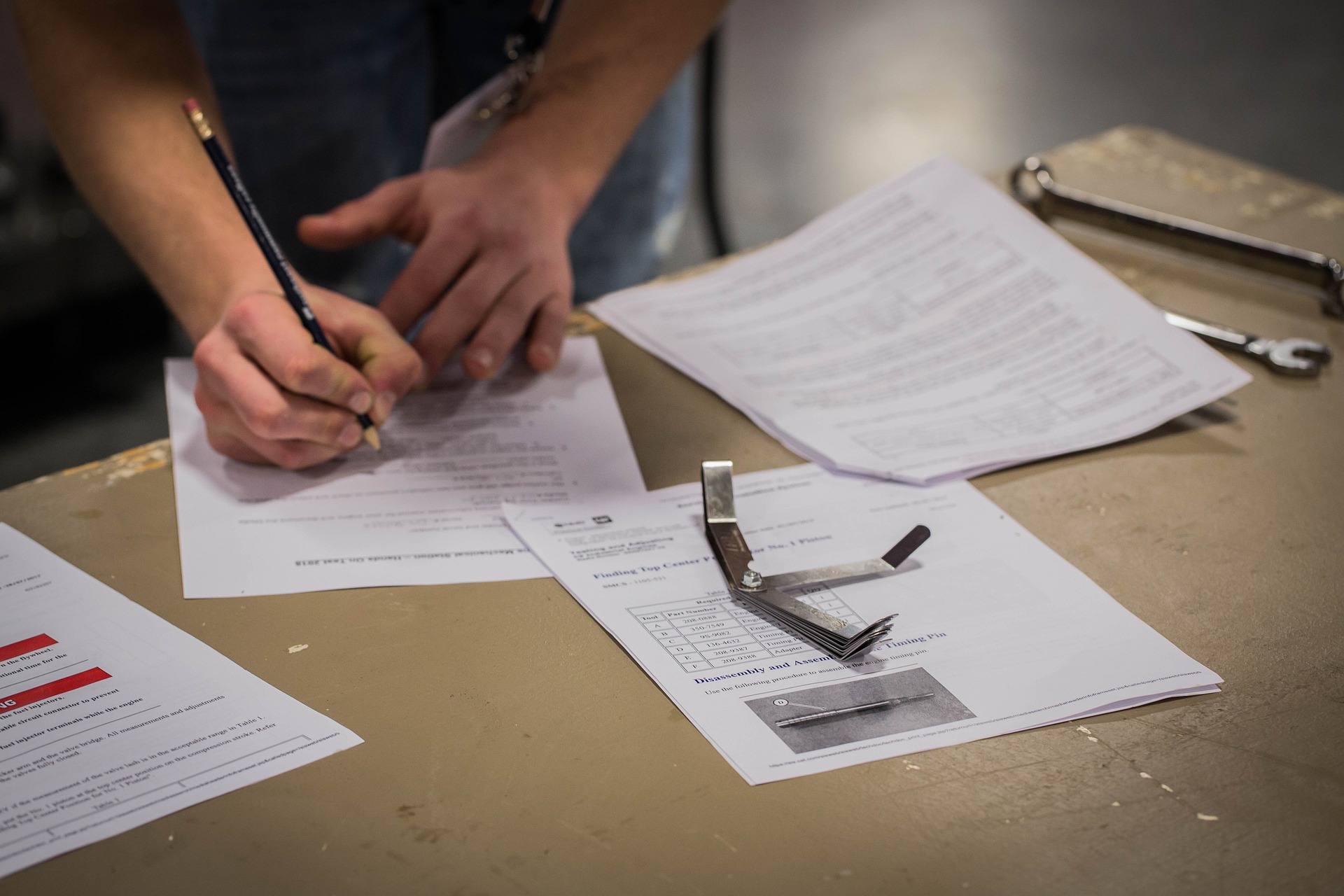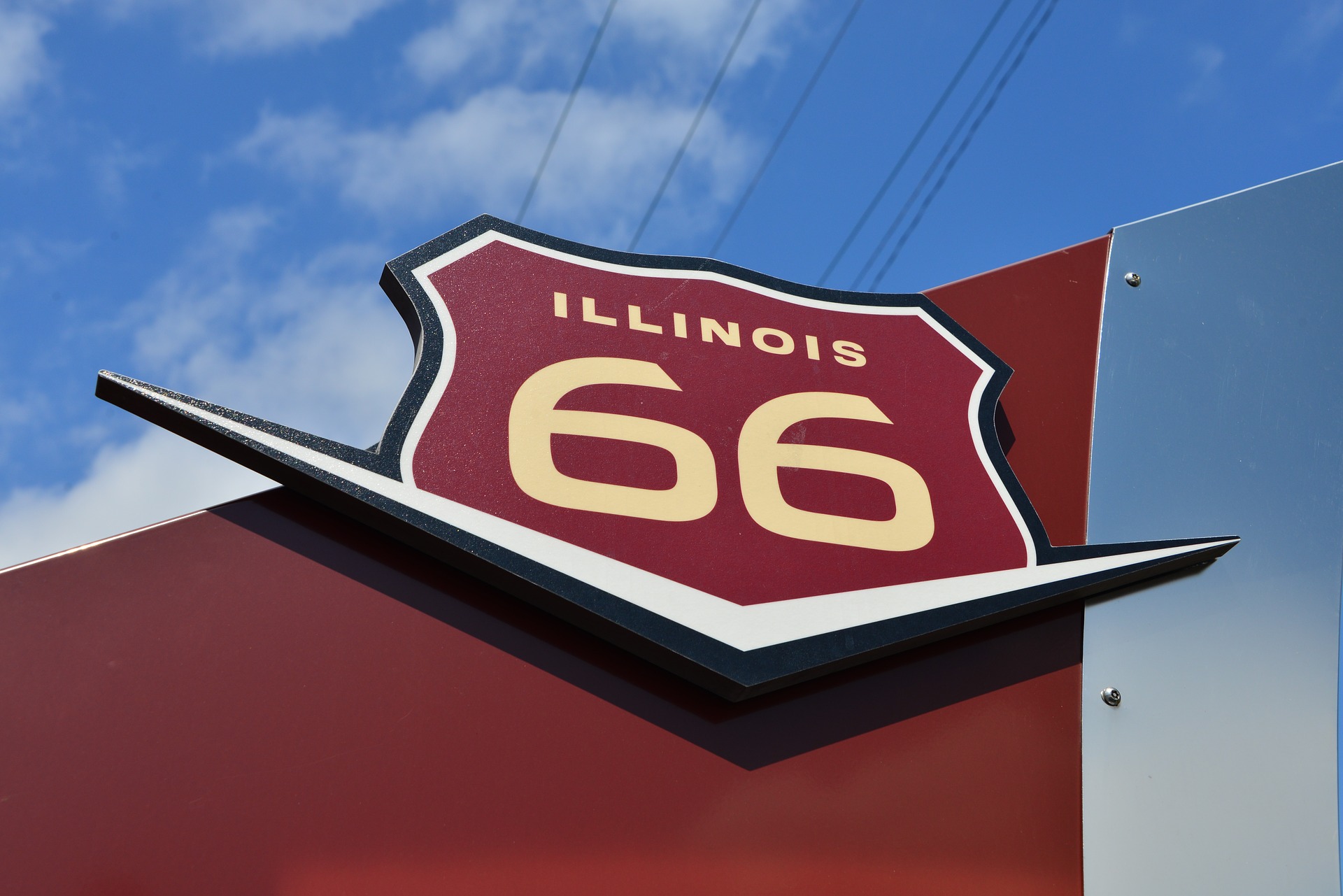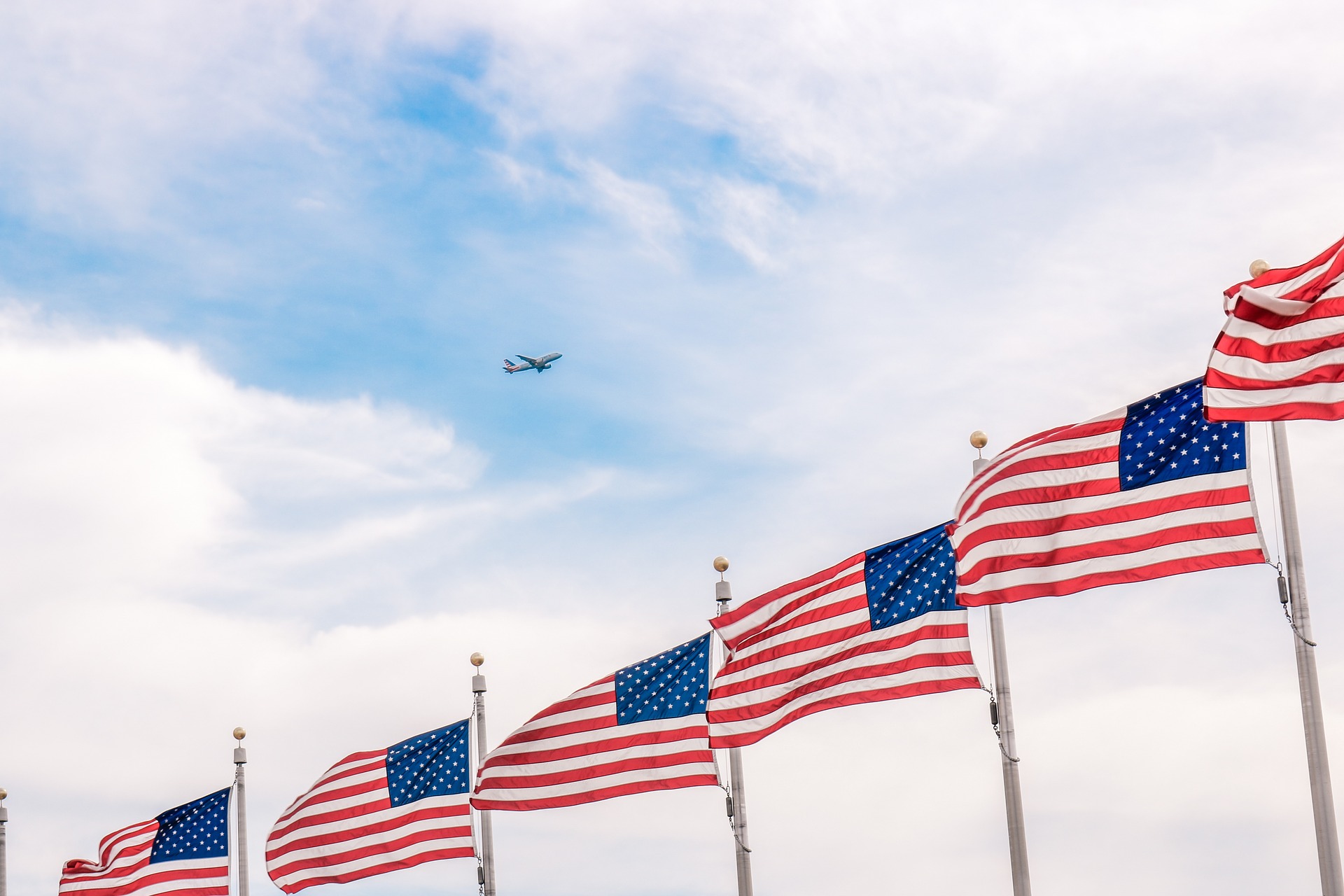We have very unfortunate news regarding the implementation of the “public charge” rule by the Department of Homeland Security (DHS) and the United States Citizenship and Immigration Services (USCIS) on adjustment of status applicants.
In an unexpected turn of events, yesterday three judges from the United States Court of Appeals for the Second Circuit, issued a ruling in the case, U.S. District Court for the Southern District of New York (SDNY) in State of New York, et al. v. DHS, et al. and Make the Road NY et al. v. Cuccinelli, et al., stating that while they agreed with a lower court’s decision to issue a preliminary injunction to prevent the government from enforcing the “public charge,” rule during the Coronavirus pandemic, the judges held that the injunction was warranted only with respect to the states that filed the lawsuit and that were able to demonstrate standing, which included the states of New York, Connecticut, and Vermont.
Accordingly, the Second Circuit Court’s opinion modifies the scope of the “public charge” injunction, and only prevents DHS and USCIS from enforcing the “public charge” rule with respect to those residing in the states of New York, Connecticut, and Vermont. The Court’s decision modifies the previous lower court decision issued by Federal Judge George Daniels on July 29th.
As you may recall that decision was made out of the United States District Court for the Southern District of New York and applied nationwide.
Shortly after that decision was made, DHS immediately appealed the Daniels decision to the U.S. Court of Appeals for the Second Circuit which ultimately modified the scope of the injunction, preventing DHS from enforcing the public charge rule only with respect to New York, Connecticut, and Vermont, but allowing DHS and USCIS to enforce the “public charge,” rule elsewhere.
 Visa Lawyer Blog
Visa Lawyer Blog











